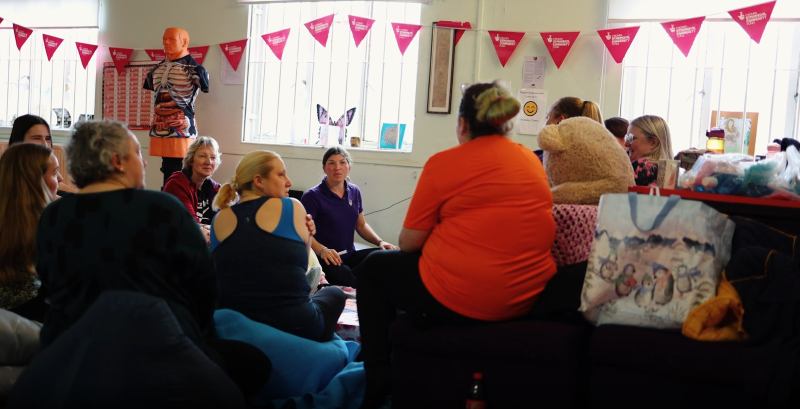What is Trauma Informed?
- Philippa Martin

- Nov 9, 2021
- 2 min read
Updated: Feb 7, 2024
The term ‘trauma informed’ has become a bit of a favourite over recent years but what does it actually mean? There are various definitions but the one that made most sense to me was this: “instead of asking ‘what is wrong with you?’ a trauma informed approach asks, ‘what happened to you?’”

In other words, instead of thinking that the teenager screaming in your face and throwing things across the classroom has just got an attitude problem and needs to be sorted out, maybe you could try exploring what it is that has made that teenager feel so helpless and out of control that they need to scream and throw things across the room?
It doesn’t mean that having been through a trauma you get a green card to behave any way you like and ‘get away with it’ but what it does mean is that if society as a whole is more trauma informed, there is more chance that people who are hurting deeply inside can be helped by those around them.
I used to think that people who swaggered around and talked tough were really arrogant but since teaching various martial arts and self-defence classes over the years, I have realised that the ones who turn up with the most swagger are usually the ones who are coming to class because, deep down, they are frightened or worried but they would never tell you that in those words. A trauma informed coach will consider this and let it shape how they approach that person whereas another type of coach might dismiss the person who swaggers as a waste of space.

Understanding trauma and being trauma informed does not mean that people can use past trauma and its effects on them to excuse bad behaviour in their life now i.e. abusing their spouse. It may have shaped the way they think and how they feel but we all have some level of control over how we behave and we know right from wrong.
“In a world where you can be anything, be kind” said Emerson. Being kind is another way of being trauma informed; being quick to support and slow to judge. Not always easy, if we’re being honest but it is something we can all aim for.
“What happened to you? How can I help you to feel safer? Is there anything you don’t want me to do?” “Would you like me to help you?”
Philippa Scannell, November 2021

If you'd like to talk to us, join one of our courses or are in need of our help, please contact us!







Comments